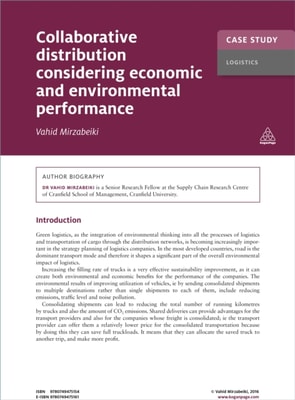Dieses Buch zeigt die wichtige Rolle und Systemrelevanz der Distributions- und Handelslogistik vor dem Hintergrund des zunehmenden Einflusses von Convenience, Digitalisierung, Nachhaltigkeit und Resilienz auf Prozesse, Strukturen und Systeme in den Logistiknetzwerken des Handels.

